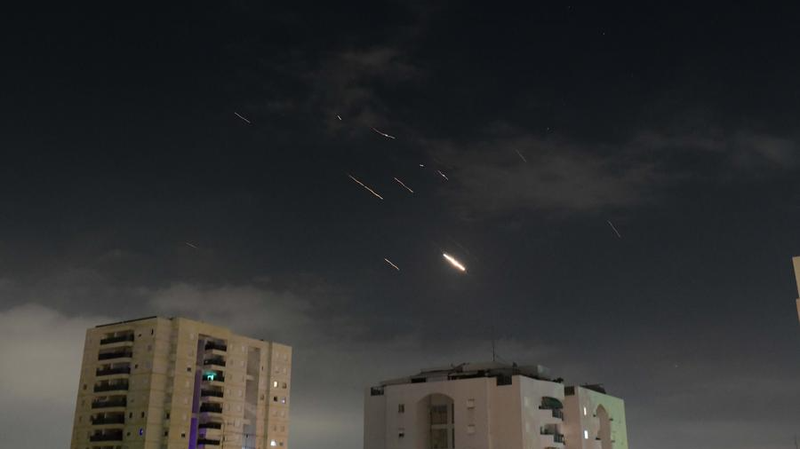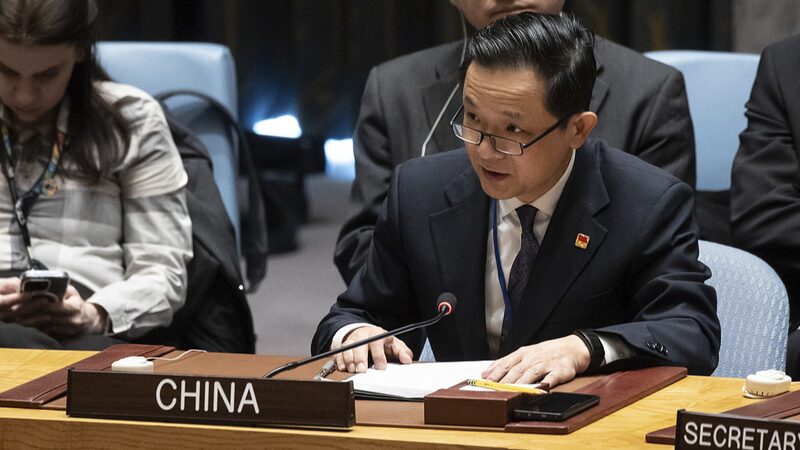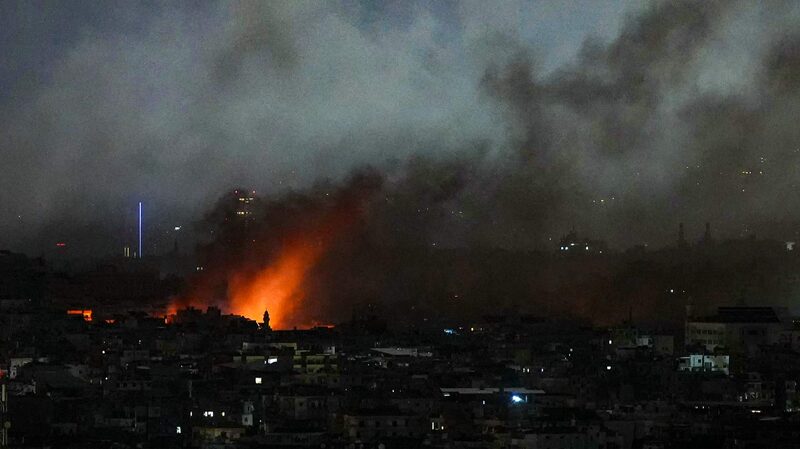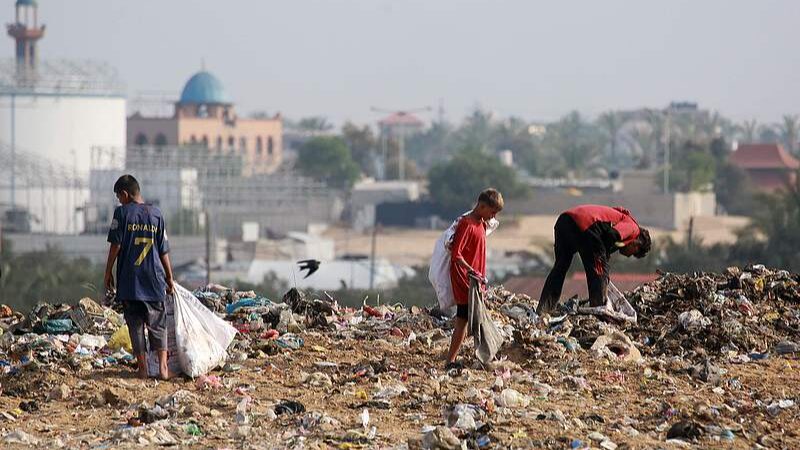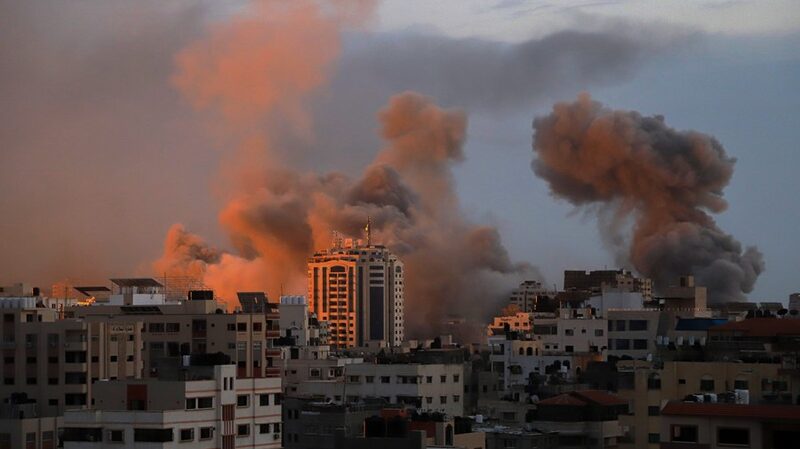Relations between Iran and Israel have been marked by decades of tension and hostility, raising concerns about the potential for escalation into open conflict. With mutual suspicions and regional power struggles, the question remains: Will the crisis between Iran and Israel escalate?
Historical Tensions and Recent Developments
The strained relationship dates back to the 1979 Iranian Revolution, after which Iran cut diplomatic ties with Israel. Over the years, both nations have engaged in indirect confrontations, primarily through proxy forces in neighboring countries. Iran’s support for groups like Hezbollah in Lebanon and Hamas in the Gaza Strip has been a significant point of contention.
Israel views Iran’s nuclear program as an existential threat. Despite Iran’s claims that its nuclear activities are for peaceful purposes, Israel and other countries have expressed concerns over potential weaponization. This has led to covert operations, cyber-attacks such as the Stuxnet virus, and alleged assassinations of Iranian nuclear scientists.
Potential Flashpoints
Syria has become a critical theater for Iran-Israel tensions. Iran’s military presence in Syria, supporting the government of Bashar al-Assad, has prompted Israeli airstrikes targeting Iranian assets and proxy forces. These actions risk drawing both nations into direct confrontation.
The maritime domain is another area of concern. Reports of attacks on vessels linked to both countries in the Persian Gulf and Red Sea regions have raised alarms. Such incidents could spark wider conflict if not managed carefully.
Regional and Global Implications
An escalation between Iran and Israel would have significant implications for the Middle East and beyond. Neighboring countries could be drawn into the conflict, further destabilizing the region. Global powers with interests in the area, such as the United States, Russia, and others, might also become involved, either diplomatically or militarily.
Prospects for De-escalation
Diplomatic efforts, including potential negotiations surrounding Iran’s nuclear program, could help mitigate tensions. International mediation and confidence-building measures are essential to prevent miscalculations that could lead to war. Both nations might benefit from back-channel communications to address core concerns.
Conclusion
While the risk of escalation exists due to ongoing tensions and mutual distrust, there are avenues for diplomacy and de-escalation. The involvement of the international community and a commitment to dialogue by both Iran and Israel are crucial in preventing a crisis that could have far-reaching consequences.
Reference(s):
cgtn.com
